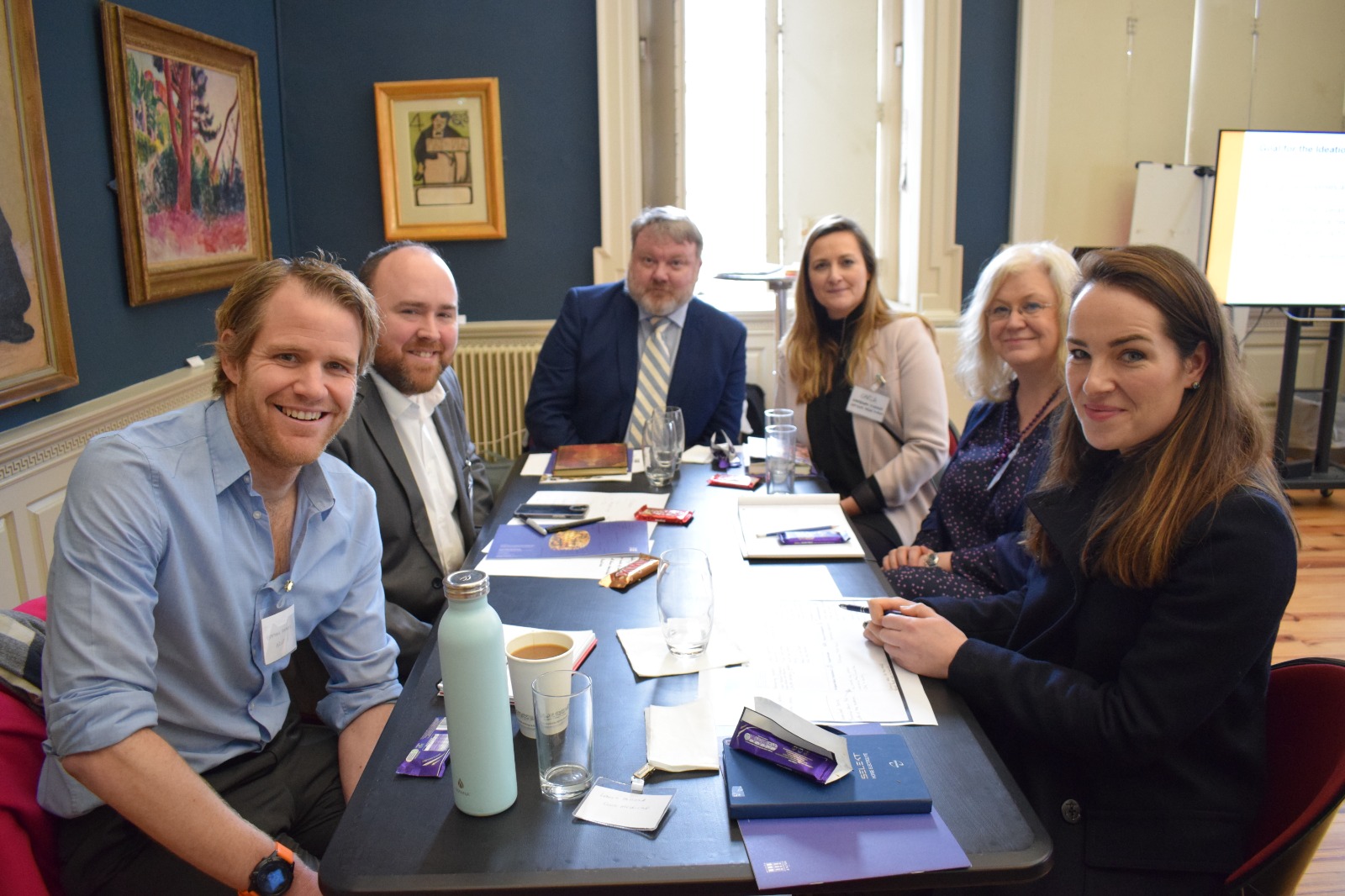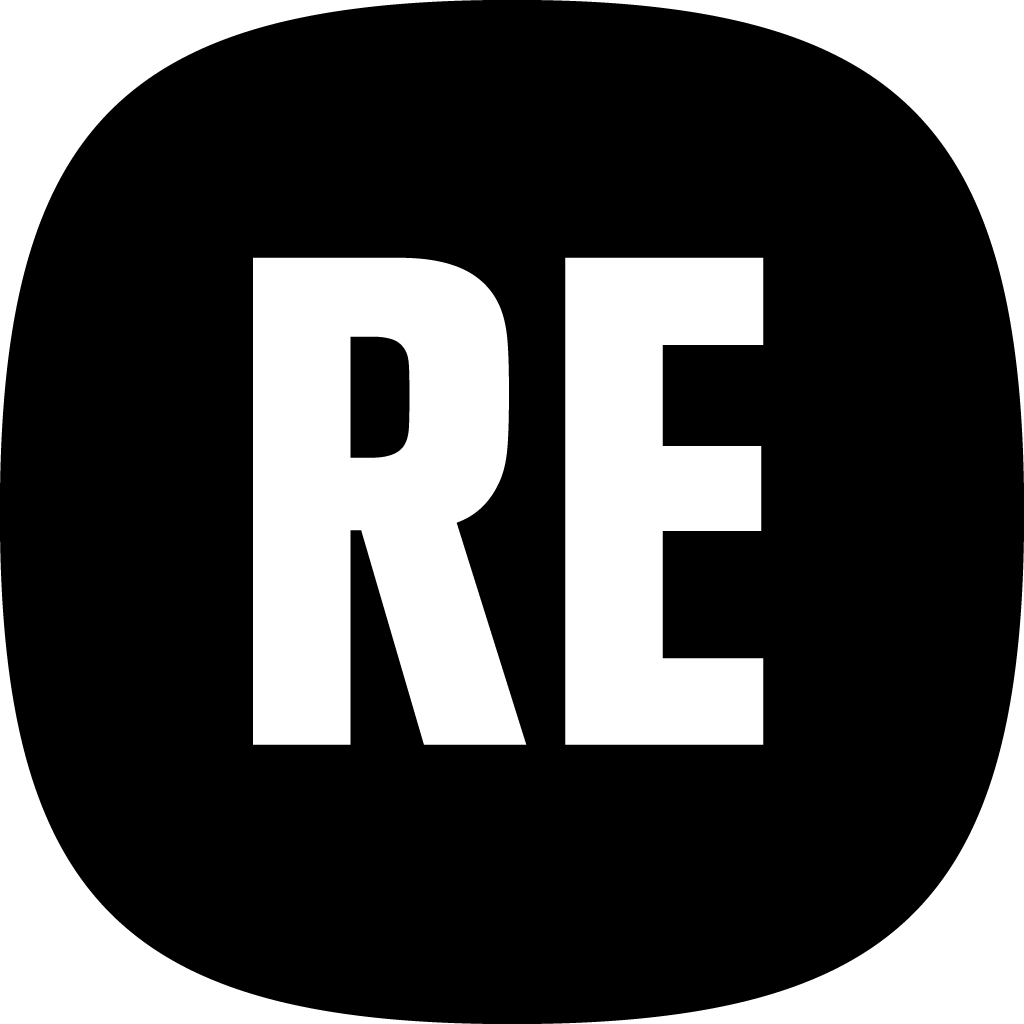Get the Corporates Involved - a guest post by Humanli
A guest post by Humanli, social impact company based in Limerick, reflecting on the first co-creation workshop developed with The Hunt Museum in the context of RECHARGE.
On the 10th of February 2023, The Hunt Museum, organised a co-creation workshop to kick off the activities of the Living Labs connected to the RECHARGE project. Humanli was approached by Jill Cousins, CEO and Director of the Hunt Museum, to assist with the enrolment of corporates and businesses for the project. Humanli's expertise and experience in pioneering social impact in Ireland made them the ideal partner for this project, as its vision is to help corporates make a lasting impact to communities in need across Ireland.
The Task: Recruiting Corporates
Humanli was tasked with identifying eight corporates from different industries to attend the first workshop on the 10th of February. With just six weeks to source participants a list of over 70 corporates involved in CSR activities from a range of industries, including aviation, pharmaceutical, technology, food, construction, and finance was compiled. Many of the companies on the list were known for their CSR activities and had unfortunately agreed on their activities and involvement for the year ahead. It was important to identify the key people within the businesses, those aware of the CSR activities, knowledge about the future goals and if possible, an input or say on future projects. This proved challenging when dealing with multinational corporations employing over 1,000 people. Despite this challenge, Humanli successfully recruited five corporates, pharmaceutical company Cook Medical, engineering firm Optel Group, technology giants Apple, accountancy firm Ernst and Young and the law firm Holmes O’Malley Sexton to join The Hunt Museum's three representatives for the workshop, design engineers Arup and EDC and medical aerospace engineers Takumi.
Recruiting Corporates - The Challenges
Lack of interest
Some corporates were not interested in supporting Cultural Heritage Institutions (CHI’s), and therefore, not interested in participating in the workshop. They were focused on working directly with larger charity organisations.
Lack of awareness
Some corporates are not aware of the importance of Cultural Heritage Institutions and the involvement and impact they can have on the local communities and groups. Once informed of the multiple ways they can achieve their CSR goals by working with the museum they were surprised.
Time constraints and structure
Businesses are busy and have tight schedules which makes it difficult for people to commit, especially with short notice. We also identified another challenge which was lack of structure from the top down on CSR activities. Some corporates have decided to leave their employees to identify and fulfil their CSR goals throughout the year. A very small percentage of staff take the time to do this.
Identifying key people within businesses & Lack of communication
In some cases, there is a lack of communication within the company, which makes it difficult to identify key people within the business who are aware of CSR activities. It was also challenging to find out about future goals and future projects.
Complex corporate structure
Large multinational corporations often have a complex corporate structure, and it can be difficult to identify the relevant people responsible for CSR activities. The corporate hierarchy may be vast, and it can be challenging to determine who is in charge of CSR.
Lack of information
There may be a lack of information available about the company's CSR activities and the people responsible for them. The company may not have a transparent CSR policy, so it can be difficult to get information about the activities and the people responsible for them.
Gatekeepers
Once you have identified who it is who you need to speak to you might face another challenge of contacting them directly. It can be challenging to source phone numbers or email addresses when dealing with receptionists or personal assistants.
The Workshop
The workshop, held on the 10th of February, required the museum representatives and corporates to brainstorm together and create ideas that would work for both parties going forward. The workshop was the first part of the participatory project and aimed to develop strategies that would benefit both the museum, communities, and the participating organisations. The corporates worked closely with the people from museums to discuss and create ideas together. A wide range of initial ideas were generated including ideas like: using hydro powered winter greenhouse, light the garden, utilising the garden space to benefit disadvantaged communities by planting vegetables and cooking classes to use them. And recreating key pieces of the museum to bring out to the streets of the city were a few of the ideas discussed.
Benefits of Participation to Corporates
Enhanced Reputation
Participating in the workshop demonstrated the company's commitment to social responsibility and sustainable practices, which can enhance the company's reputation among stakeholders.
Improved Brand Image
Involvement in the workshop provided opportunities for the corporates to highlight their positive social impact, which can improve their brand image and increase brand loyalty.
Increased Employee Morale
Participating in the workshop can boost employee morale by giving them the opportunity to participate in social initiatives that align with the company's values.
Competitive Advantage
Companies that prioritise social responsibility are increasingly preferred by consumers, investors, and other stakeholders. Therefore, participating in the workshop can give corporates a competitive advantage.
Innovation and Creativity
The workshop provided an opportunity for the companies to brainstorm and create ideas with like minded individuals, which they can foster and innovate to suit their own CSR goals.
Networking Opportunities
Participating in the workshop provided opportunities to connect with other like-minded organisations and individuals, which could lead to new partnerships and collaborations.
Regulatory Compliance
Many jurisdictions require companies to engage in social responsibility initiatives. Participation in workshops can help corporates comply with these requirements.
Conclusion
Overall, the workshop was an excellent example of how collaboration between different organisations can be mutually beneficial. The corporates gained valuable insights into the workings of a museum and how they could contribute to its success, while the museum benefited from the expertise and resources of the participating organisations. By working together, they were able to develop strategies that would benefit all parties involved, as well as the wider community. Participating in the workshop benefited the corporates in many ways, including enhancing their reputation, improving their brand image, boosting employee morale, fostering innovation and creativity, creating networking opportunities, and assisting with regulatory Compliance.
As highlighted above, there were many challenges in recruiting corporates, the biggest one being, time. To get corporates involved and committed to the overall project it helps to build relationships over several months and give them an opportunity to plan for participation. To conclude, the early stages of this project have been a success, a number of great ideas were created and several of the participants are very interested in working with the Hunt Museum and taking the next steps forward with the RECHARGE project. Plans will then be put in place with the corporates and the Hunt Museum to proceed, along with a community to form the Living Lab.


Share